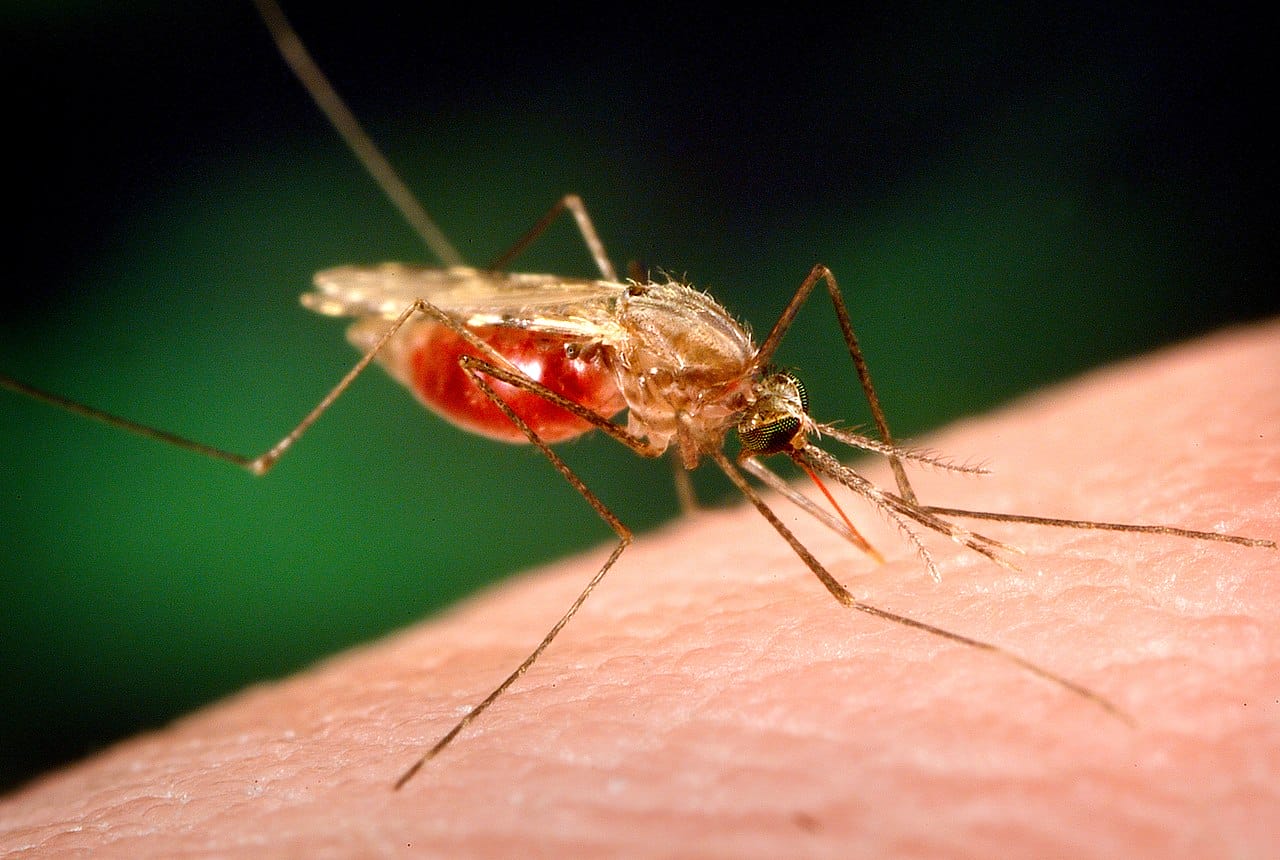Despite more than a century of research, we still have much to learn about the mosquitoes that transmit malaria. By sequencing mosquitoes and making the data available for surveillance, research and education, the Observatory provides an opportunity to shed new light on these questions.
(1) How is malaria being transmitted?
We need a better picture of which Anopheles mosquito species are transmitting malaria in different places, and we need to fully understand the biology of those species. We also need to know how this is changing in response to interventions, urbanisation and climate change.
(2) Where and how is insecticide resistance evolving and spreading?
Insecticide resistance is the biggest threat to our current frontline tools for mosquito control. When resistance emerges, we need to identify and characterise it quickly, assess the risk, and track it as it spreads.
(3) How can we move beyond control towards elimination?
Our current tools for mosquito control can only take us so far. We need to invent new ways to stop mosquitoes transmitting malaria, and be smart in how we use them.
The Observatory is a collaborative effort to sequence the genomes of thousands of Anopheles mosquitoes collected in countries affected by malaria, and use those data to help answer some of the big questions in our path towards malaria elimination.
Data
Access data from whole-genome sequencing of Anopheles mosquitoes collected from natural populations in countries affected by malaria.
Anopheles gambiae genomic surveillance Anopheles funestus genomic surveillance Anopheles minimus genomic surveillance
Vector Observatory Data Access Guide
Anopheles gambiae complex
15,036 genomes from 25 countriesAnopheles funestus subgroup
2721 genomes from 15 countriesAnopheles minimus
302 genomes from 1 country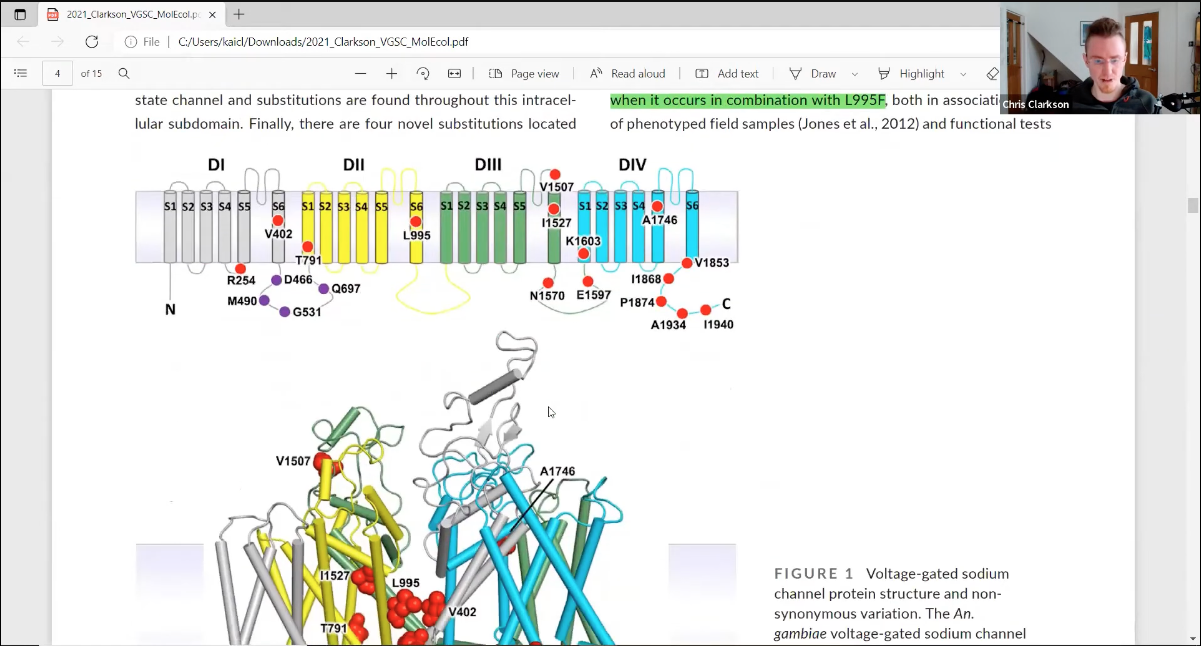
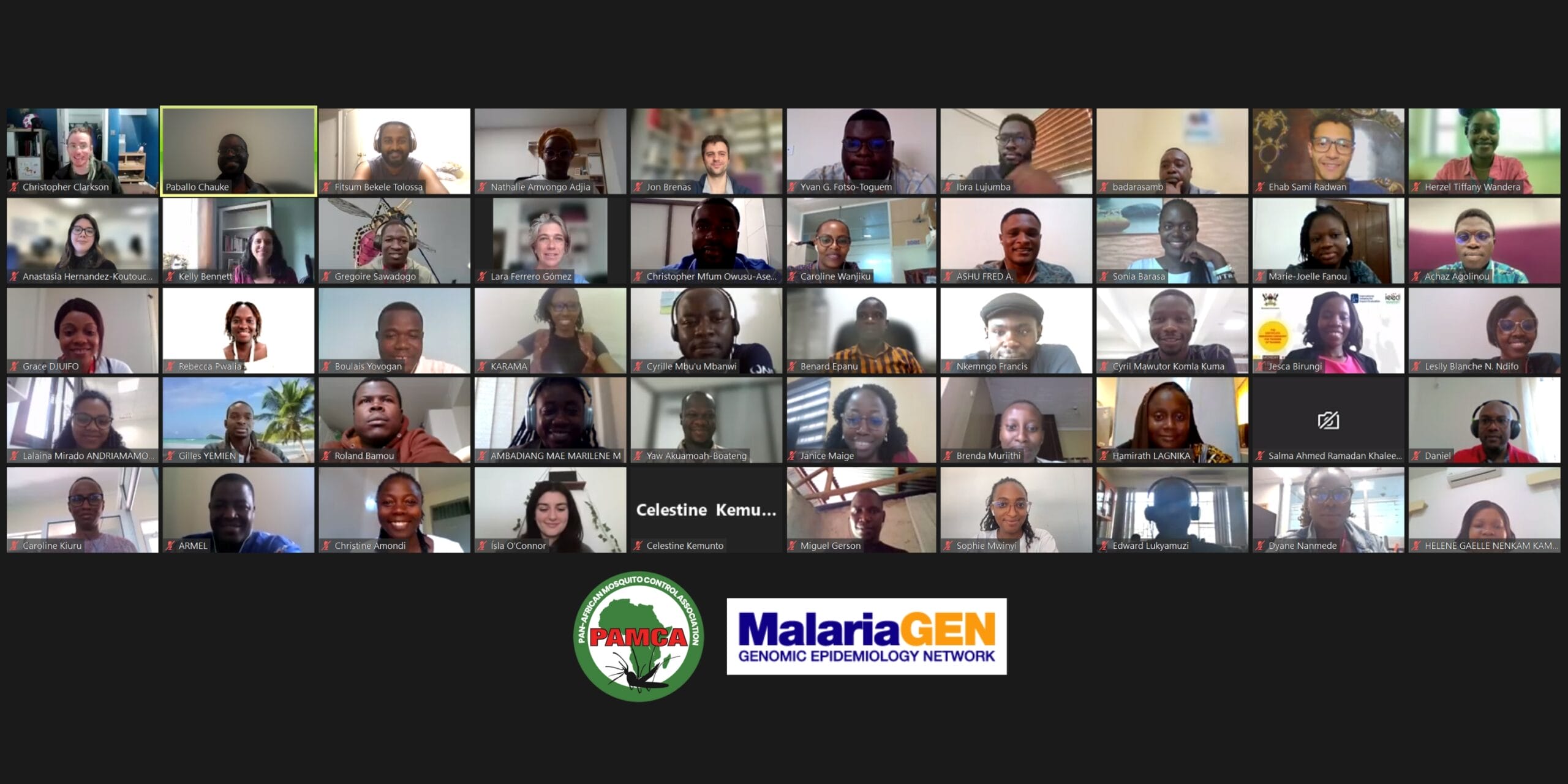
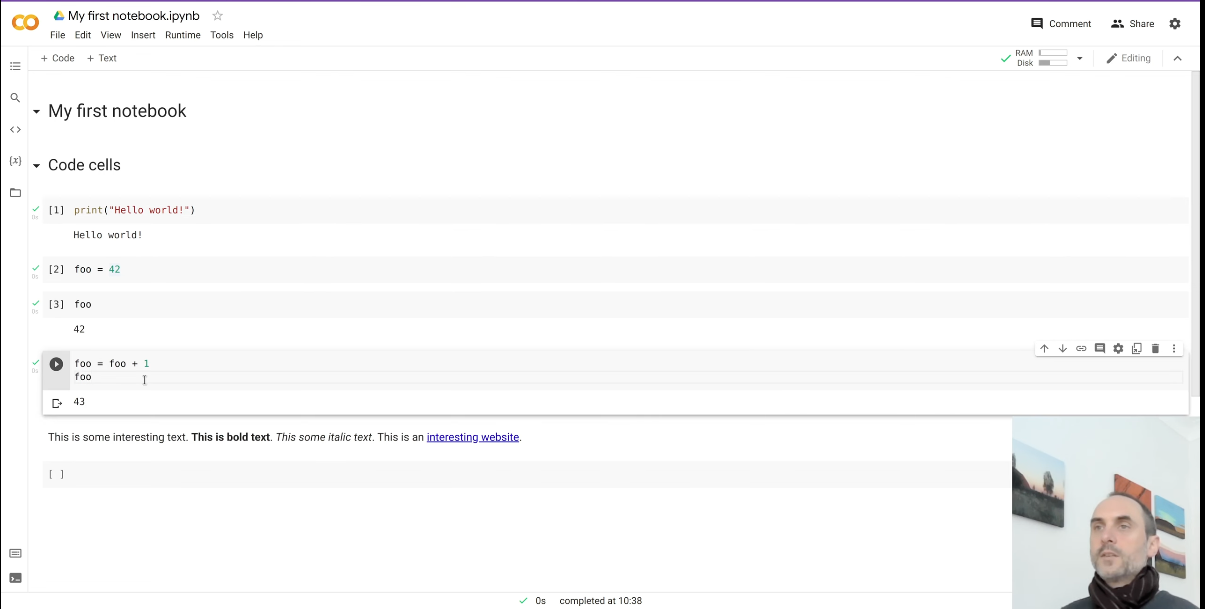
Study at your own pace, or enroll in an online course to learn alongside others with support from experienced teaching assistants.
Analysis Package
Built for exploratory population genomics, malariagen_data, our cloud-native analytical software for Python supports a range of data access and visualisation functions.
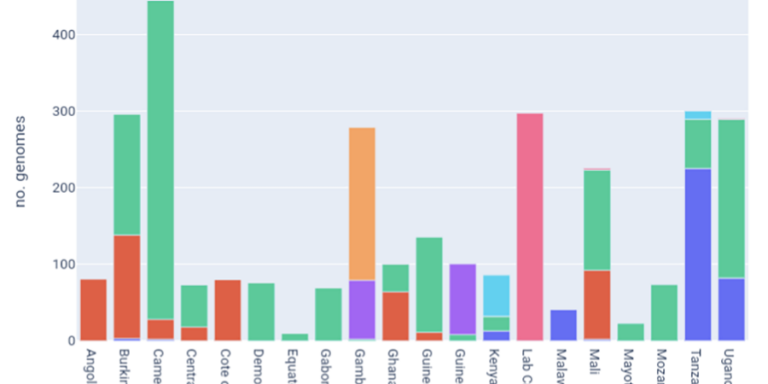
Explore available samples by country of origin, collection date and taxon.
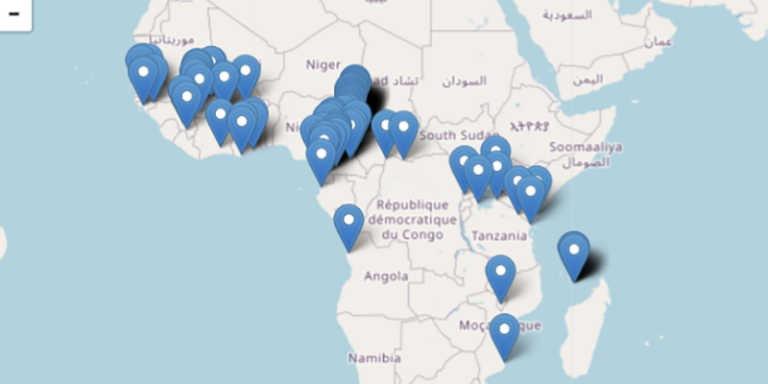
Explore available samples by collection location.
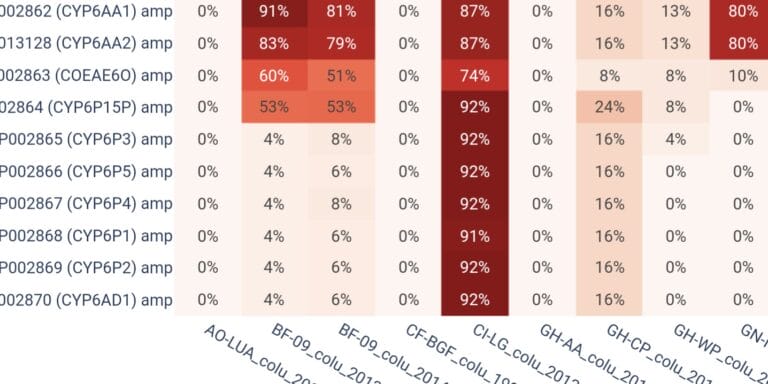
Compute frequencies of genetic variants in genes of interest.
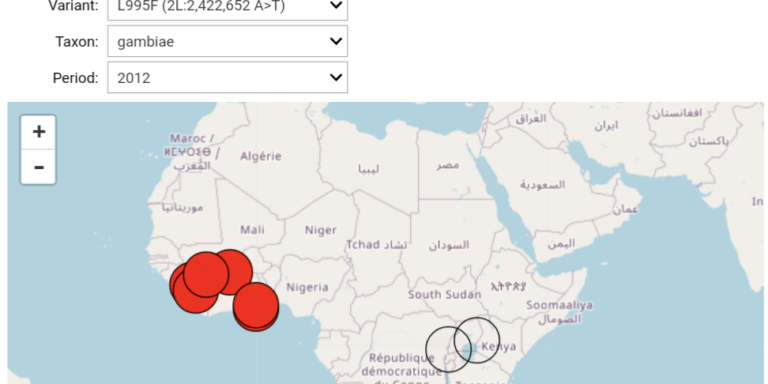
Compare the frequency of genetic variants between different geographical areas.
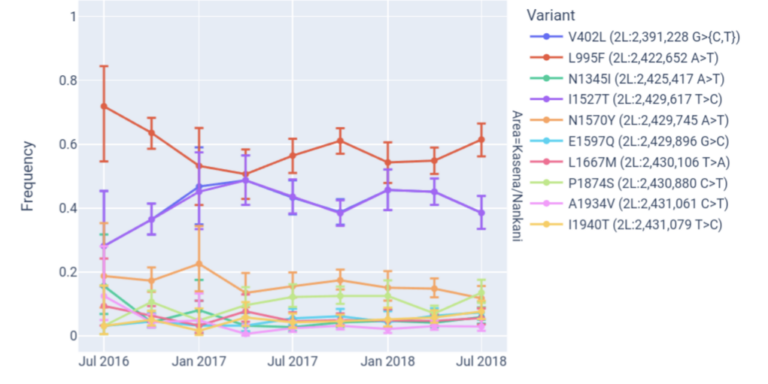
Analyse changes in variant frequencies over time.
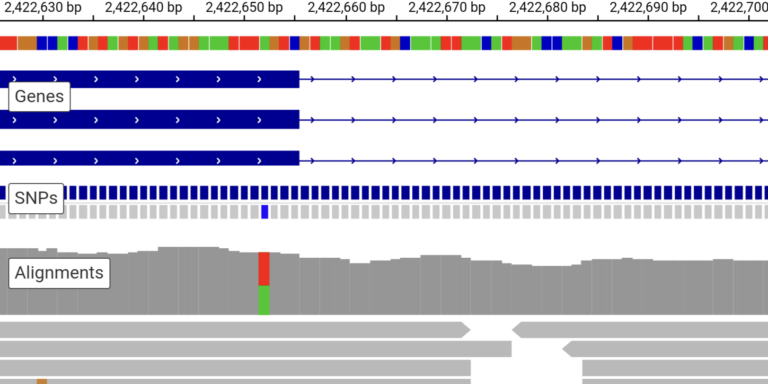
Browse sequence read alignments and assess the evidence for genetic variation in individual samples.
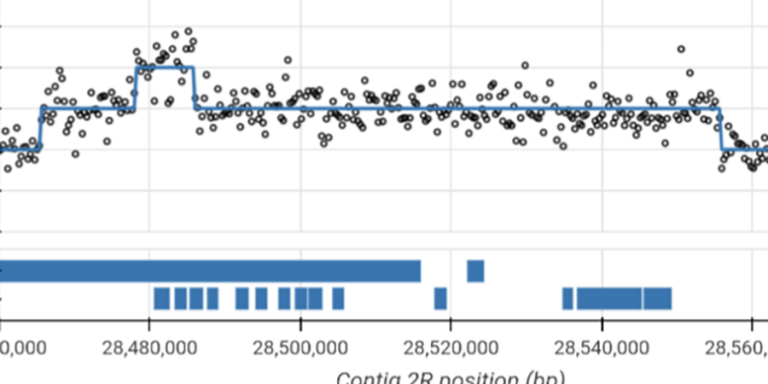
Visualise sequence read coverage and evidence for copy number variation in individual samples.
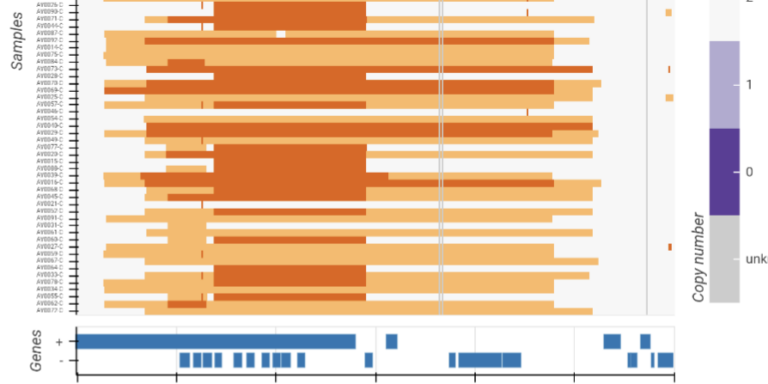
Visualize and compare copy number variation in multiple samples.
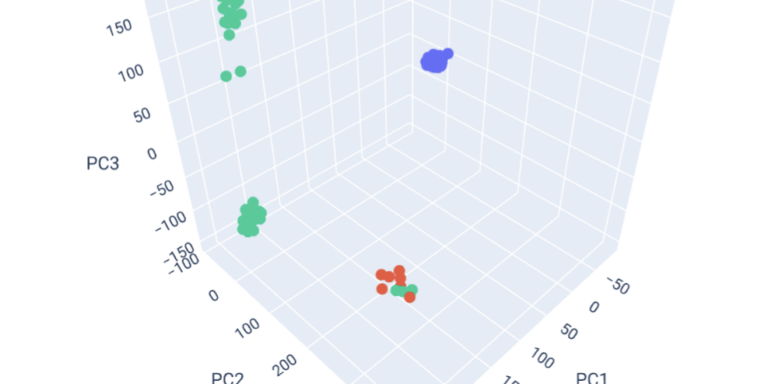
Explore population structure with principal components analysis.
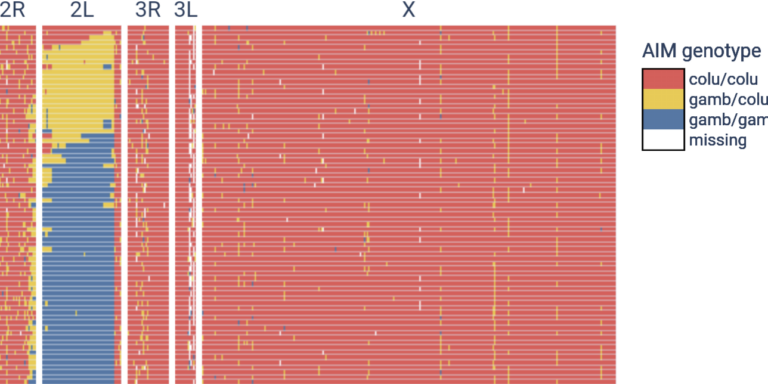
Investigate hybridisation and introgression between species with ancestry-informative markers.
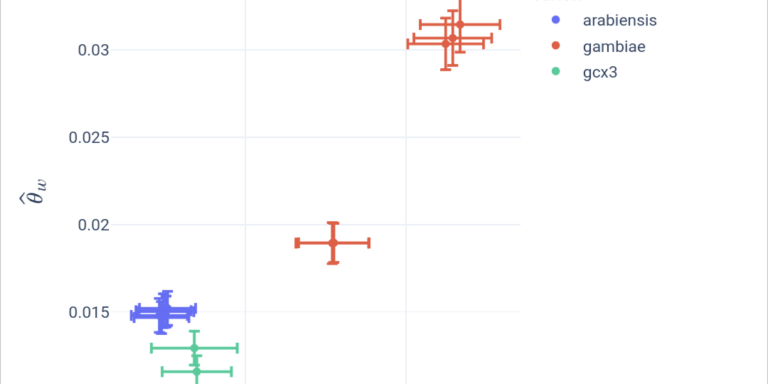
Quantify and compare genetic diversity between populations.
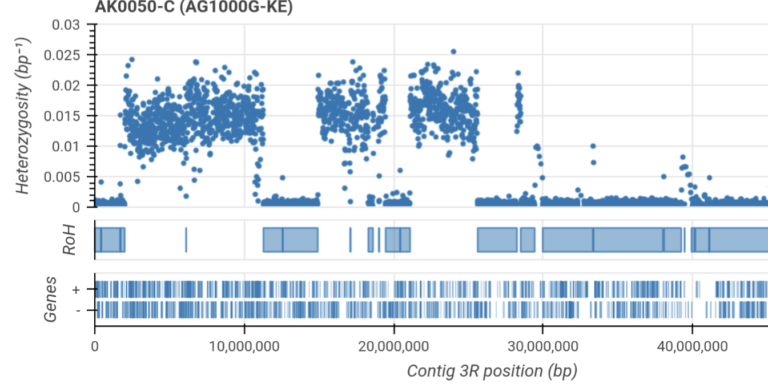
Infer runs of homozygosity and investigate evidence for inbreeding.
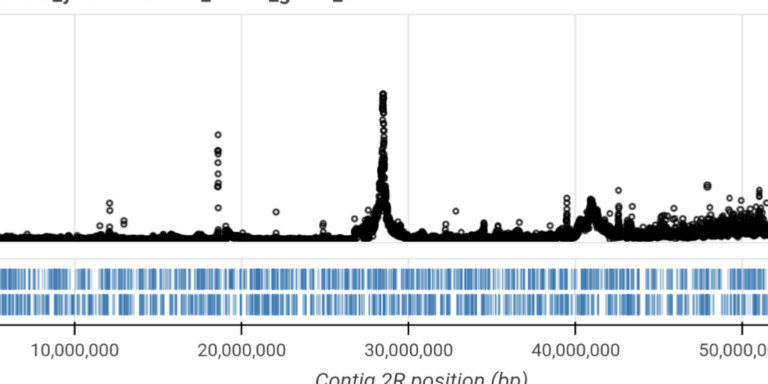
Perform genome-wide selection scans to discover new resistance genes.
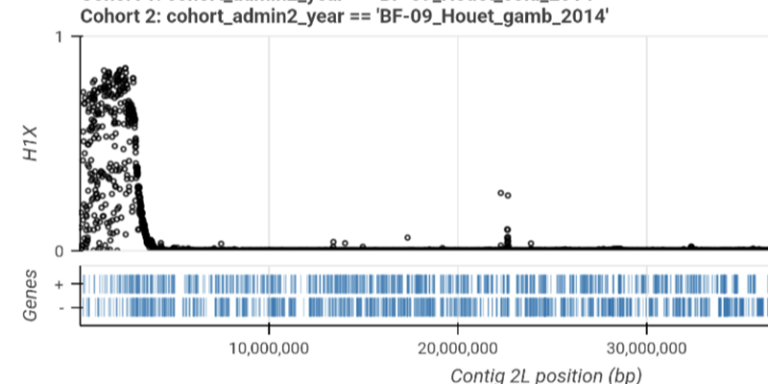
Find genes where adaptive gene flow is occurring between countries or species.
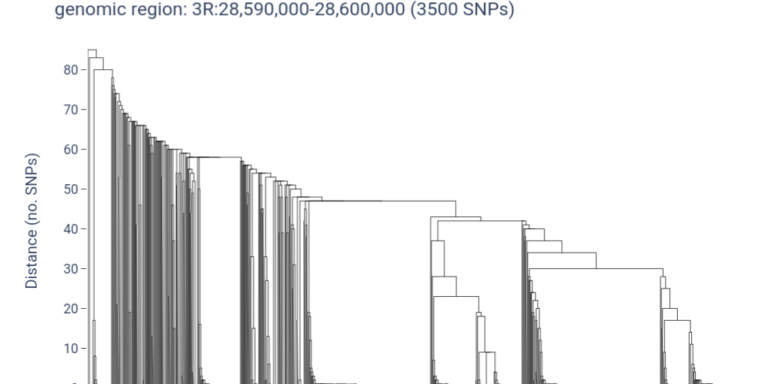
Use haplotype clustering to investigate selective sweeps and gene flow within a gene of interest.
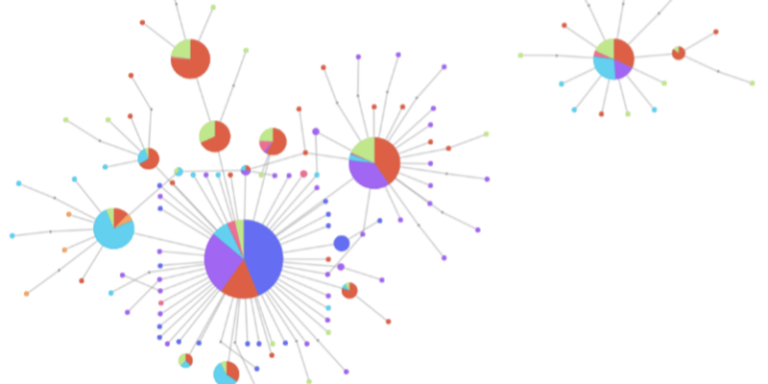
Use haplotype networks to explore selective sweeps and gene flow within a gene of interest.
Google Colab
Colab is an interactive computing service provided for free by Google Research and is ideal for exploratory analyses.MalariaGEN Datalab
The Genomic Surveillance Unit at the Sanger Institute hosts a JupyterHub service running in Google Cloud that is available for free to observatory partners for more intensive analyses.Terra
Terra is a cloud platform for biomedical research supporting workflows and interactive notebooks, and can be used for a wide range of analyses.Alternatively, observatory data can be downloaded to your own compute resources to run analyses locally.
Research
Data from the observatory are powering new and ongoing research into the biology and control of malaria vectors.
